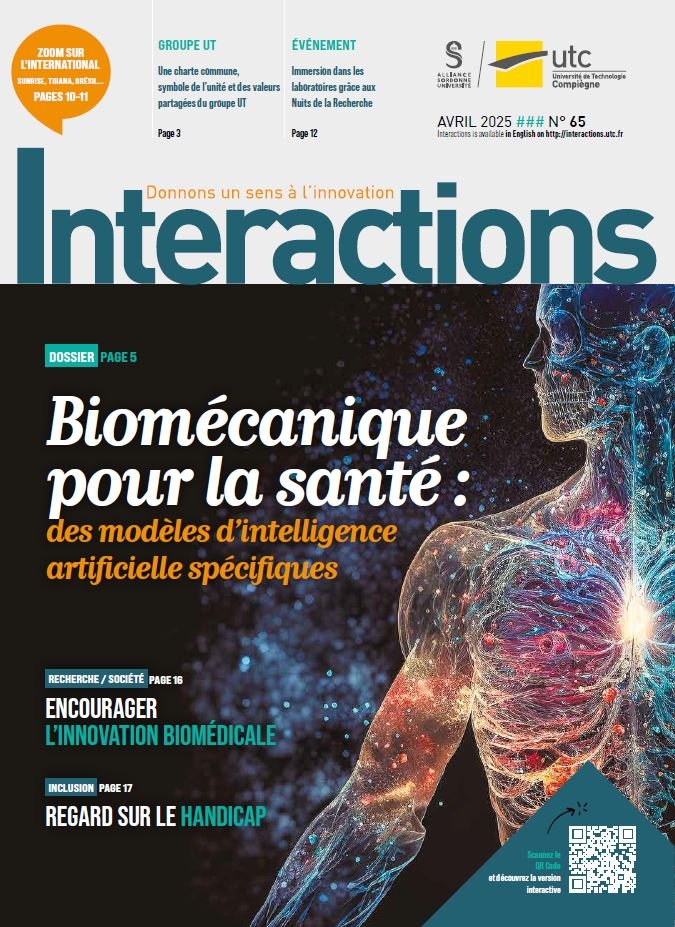UTC students with Tenneco & Co working for the Planet’s future

Tenneco is an American automotive equipment supplier based in Crépy-en-Valois since 1933. For several months, the company hosted a group of students from the UTC who were able to reflect on concrete actions to improve industrial performance, taking into account the environmental challenges of the Picardy-based company.
Nineteen UTC students worked for six months between the school and the Tenneco site in Crépy-en-Valois. Objective: to reduce common industrial waste and the company’s energy consumption. With real economic and environmental stakes for a lifesize awareness. Tenneco manufactures protection systems for components such as cables and hoses. In addition to the automotive industry, and various protection systems, Tenneco are also employed in power generation, the aeronautics and aerospace sectors, also marine, rail and other industrial sectors. “Our group was mobilised to find effective solutions to reduce energy consumption by 5% per year by 2024 and to reduce OIW, common industrial waste, by 20%. How can waste be recovered? We were all in autonomy with a teacher to supervise us. We drafted three reports during the semester. To achieve this, we set up three teams: energy, waste and global vision. We were very well received by the company, which was particularly involved in our project,” says Julie Tardy, 22, in her 5th year of mechanical engineering. The young Lyonnaise is targeting the supply chain and environmental lean management professions. The third team’s mission was to look for labels and accompany change within the company, for example in terms of training on how to sort waste better.
A new mindset
The operation, which began in September 2019 and was completed in January 2020, has thus borne fruit. Useful both for the company and for the students. “The gains were numerous for all of us. To begin with, it was very instructive to carry out a group project in almost total autonomy. It was a great way to develop the skills and qualities of each of us. We very quickly had to set up a very specific organisation to create a link between us and communicate well. So much for the human aspects,” continues Julie Tardy. Technically, we learned a lot, for example about the state of research in these fields, but also how to obtain quotations, contact companies and manage a project from A to Z. “So many students who were already aware of environmental issues long before, but who now, at the heart of a targeted company, were able to be better informed and bring about a real change in thinking”.
A career launch-pad
“Projecting oneself into a professional reality was most relevant for the school and for these students. The company also asked some of them to do a bit of foresight on the evolution of the Planet and the challenges that Tenneco could encounter by 2050 and the operational tools for its subjects,” emphasises Valérie Moreau, professor-researcher in the Mechanical Engineering department at UTC, satisfied with the relations established with Tenneco well upstream, notably through the UTC trainees already welcomed before this Eco-Group. “The transformation of our Western production and consumption methods will undoubtedly accelerate in the years to come so that human activity remains, or rather becomes, sustainable in the long term,” she adds. Not all our students are yet fully aware of this, and a minority of companies are just beginning to make the transition. The UTC, as a university and engineering school, has an essential role to play in drawing links between international scientific knowledge and the local implementation of techniques and methods that will make it possible to address the challenges of our century. This project is one such link. It does not solve everything, but it allows us collectively and individually to start projecting ourselves towards a new reality. »




